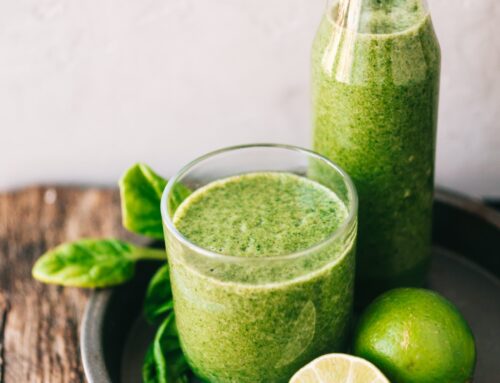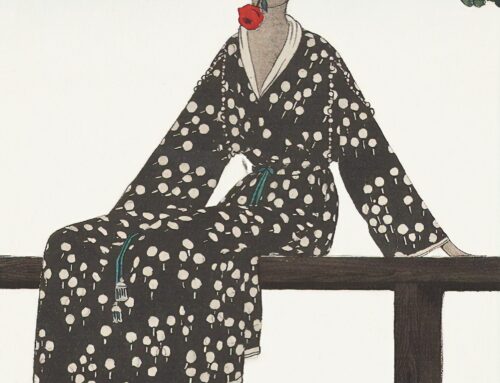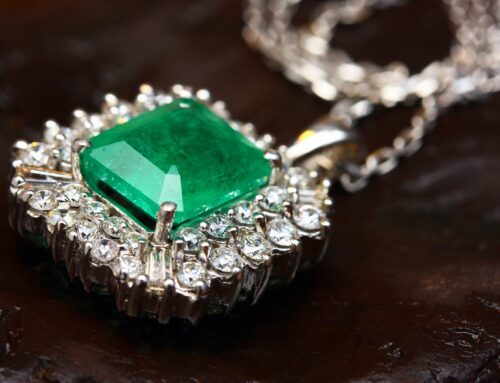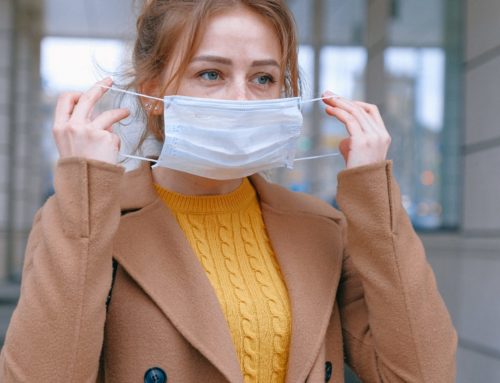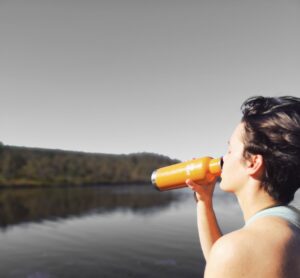
Photo by Maria deLorenzo on Unsplash
Since we’re talking about self-care I have to explain why I’m not including a post about eating well. It’s simply because 1) everyone has different dietary requirements, and 2) By now just about every human on the planet has been made well aware of the need to eat a healthful diet.
But there’s one bit of health advice I must share. It’s the importance of staying hydrated. This was something that my former doctor drove home on one our last visits. After taking my pulse (she was also a doctor of Chinese Medicine – sadly she retired) she said, “You are dehydrated. You have to start drinking more water.” But in the middle of filling out some recommendations for me, she took a long drink from the bottle of filtered water that she always kept on her desk.
Sometimes we just need a visual reminder. I never forgot that image, and it is a constant inspiration and reinforcement.
Why We Need Water
In my interview this month Suzanne Blons she spoke of the importance of staying hydrated in order to have healthy skin. But the benefits are way beyond skin-deep. We can last up to six weeks without food. We can’t last more than about a week without water. Every organ in our body depends on it.
Water is the main component of our blood. Our blood carries nutrients to and removes toxins and waste from our cells. Adequate hydration also helps prevent the blood from getting thick and agglutinating. It lubricates our joints and provides cushioning for our organs. And, it helps keep us regular so that we don’t tend to accumulate toxins in our bodies.
How to Tell if You Are Dehydrated

Photo by Andres Ayrton on Pexels
If you’ve ever felt kind of loopy after an intense workout, especially on a hot day, it’s highly likely that your cells were crying out for water. Even by losing 2% of your body’s water content you can start to feel dehydrated.
Sometimes what we think of as food cravings or low blood sugar can actually be the body’s signals that we just need to drink more water. Also, for a lot of people, headaches or even migraines are another symptom. In fact, that’s one of the most common symptoms of dehydration. In one study of 393 subjects, 40% of the participants had headaches as a result of dehydration.
When Should We Drink?
Everything I’ve read seems to confirm that drinking a couple of 8 ounce glasses of water first thing in the morning is a good idea. And most of the sites I checked out encourage people to drink a glass of water before a meal as it keeps you from over eating. Although many nutritionists and doctors also suggest drinking during or after a meal, the American habit of drinking ice water with a meal is just a way to trash the digestive “fire” you need to break down and absorb nutrients, especially during the cooler months.
A lot of people advise to drink a glass of water before bedtime. My colleague, Susan Street, says she never drinks fluids after 6 pm because she doesn’t want to keep having to get up in the middle of the night. I SO get that! So it’s your call about this one.
How Much Water Do We Need to Drink?

Photo by Eva Elijas on Pexels
I tend to look skeptically at one-size-fits-all advice for anything (including fashion.) As with everything dietary, balance and common sense should prevail. Drinking more than 1 liter an hour isn’t a great idea. That can strip the body of necessary salt and put pressure on your kidneys and heart. Here’s what the Mayo Clinic advises:
“The formula…of eight 8-ounce glasses of water a day (has) changed. In general, you should try to drink between half an ounce and an ounce of water for each pound you weigh, every day.” For example, if you weigh 150 pounds, that would be 75 to 150 ounces of water a day. If you’re living in a hot climate and exercising a lot, you’d be on the higher end of that range; if you’re in a cooler climate and mostly sedentary, you’d need less.”
What Type of Water Should We Drink?

Photo by Bluewater Sweden on Unsplash
As for what kind of water we should drink that also seems to depend on a few variables. Mineral water is great if you tend to be constipated. Spring water can help meet your requirement for essential nutrients like magnesium and calcium. I either drink safe and purified bottled water (my personal favorite is Fiji) or the tap water from the filter in our home. (Ours was developed by NASA. It uses a 3-stage convention filter with a ceramic bacteria filter, a fluorine removal filter and an activated charcoal and silver final stage.)
We use filtered water because tap water usually contains a lot of toxins, depending on where you live. One of the most damaging toxins that is finally being looked at is the shocking amount of micro plastics that are in our worldwide water supply. They can migrate to every cell in your body and contribute to cancers and organ damage.
The US Environmental Working Group has a page where you can type in your zip code and find out what’s in your local water. In the UK, Canada, Australia and New Zealand it appears that they test for only some of the most obvious and egregious toxins. That’s why, especially when I travel, I avoid tap water as much as possible.

Photo by cotonbro on Pexels
But as for other sources of water, you can count things like lemonade, tea, coffee, juices, soups, etc. toward your daily intake. In fact about 20% of our fluid intake comes from the food we eat. But because of water supply toxicity, it’s a good idea to look for organic food produced with purified water…if you can find it!![]()
So stay hydrated. It’s an important part of self-care.







